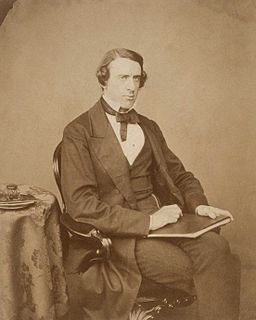A Quote by Max Lucado
God sees us with the eyes of a Father. He sees our defects, errors and blemishes. But He also sees our value.
Related Quotes
God sees us with the eyes of a Father. He sees our defects, errors, and blemishes. But He also sees our value. What did Jesus know that enabled Him to do what He did? Here’s part of the answer: He knew the value of people. He knew that each human being is a treasure. And because He did, people were not a source of stress, but a source of joy.
Oh, it is wonderful to know that our Heavenly Father loves us—even with all our flaws! His love is such that even should we give up on ourselves, He never will. We see ourselves in terms of yesterday and today. Our Heavenly Father sees us in terms of forever. Although we might settle for less, Heavenly Father won’t, for He sees us as the glorious beings we are capable of becoming.
Learning is a good medicine: but no medicine is powerful enough to preserve itself from taint and corruption independently of defects in the jar that it is kept in. One man sees clearly but does not see straight: consequently he sees what is good but fails to follow it; he sees knowledge and does not use it.
Romantic love is blind to everything except what is lovable and lovely, but Christ's love sees us with terrible clarity and sees us whole. Christ's love so wishes our joy that it is ruthless against everything in us that diminishes our joy. The worst sentence Love can pass is that we behold the suffering which Love has endured for our sake, and that is also our acquittal. The justice and mercy of the judge are ultimately one.
The pure love of Christ can remove the scales of resentment and wrath from our eyes, allowing us to see others the way our Heavenly Father sees us: as flawed and imperfect mortals who have potential and worth far beyond our capacity to imagine. Because God loves us so much, we too must love and forgive each other.
Jesus Himself has already paid the price for your sins, so stop condemning yourself! Today, when you look into the mirror, what do you see? Do you see yourself trapped in all your failings, mistakes, and sins? Or do you see what God sees? My dear friend, when God sees you today, He sees Jesus. Use your eyes of faith and believe that as Jesus is, so are you. In God’s eyes, you are righteous, you are favored, you are blessed, and you are healed. You are freed from all sin, all pangs of guilt, all forms of condemnation, and every bondage of addiction!
The artist should paint not only what he sees before him, but also what he sees within him. If, however, he sees nothing within him, then he should also refrain from painting that which he sees before him. Otherwise, his pictures will be like those folding screens behind which one expects to find only the sick or the dead.



































